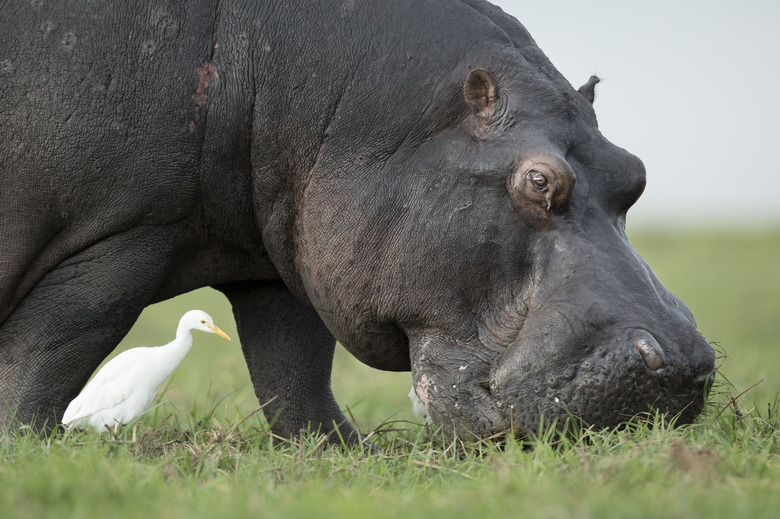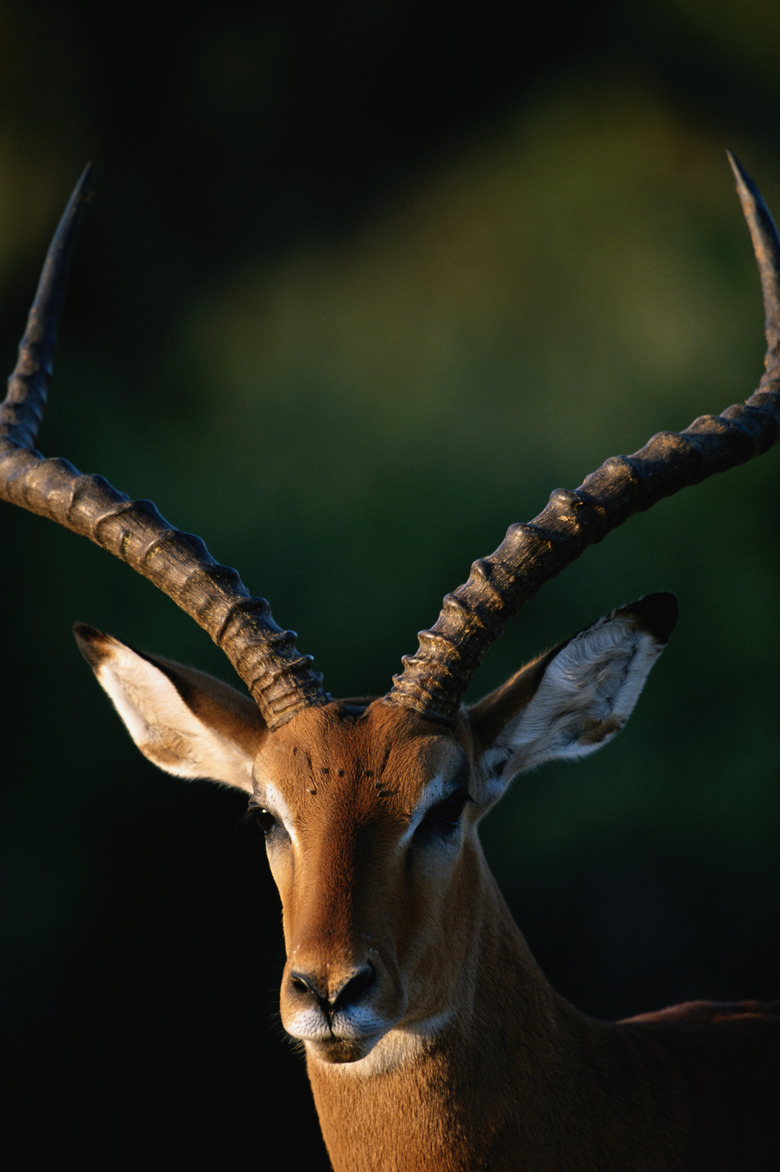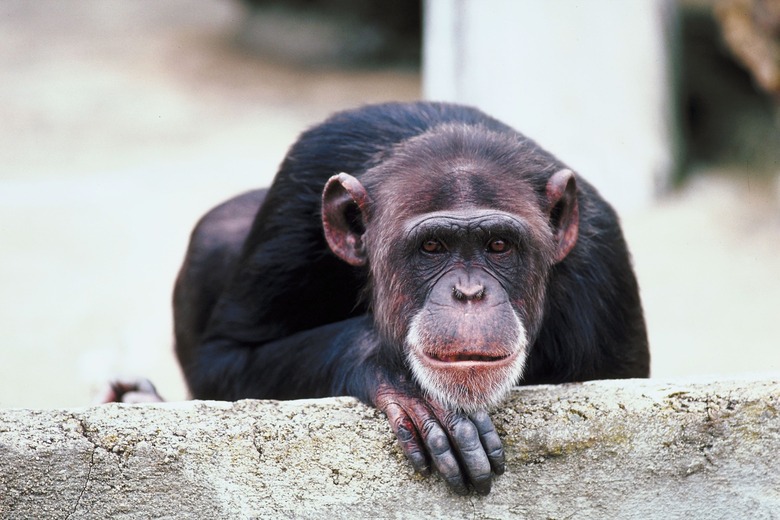An Animal's Reaction To A Solar Eclipse
The rarity and brevity of total solar eclipses, when the disc of the sun as seen from the earth is completely obstructed by the moon, and the difficulty of controlling for environmental variables make identifying specific effects of these spectacular astronomical events on animals quite difficult. Nonetheless, some studies, and plenty of casual observations, have set out to at least document animal activity during various eclipses. Results suggest certain creatures may indeed alter their activities during the abnormal darkness, generally adopting behaviors associated with the night.
Hippos
Hippos
A team of researchers with the Wildlife and Environment Zimbabwe group kept tabs on a variety of species in Mana Pools National Park during a total solar eclipse in June 2001. Hippos hauled out upon a sandbar in the Zambezi River began entering the water as the eclipse set in — possibly mistaking it for the onset of evening, when the animals typically leave their resting places, traverse the bottom of the river and emerge to graze beyond its banks. Sunlight returned before any of the herd had reached the riverbanks, and the study reported an apparent sense of confusion, even apprehension among the animals. They continued in this state, seemingly, for the rest of the day.
More Zimbabwe Observations
More Zimbabwe Observations
Most bird calls ceased during the totality of the eclipse observed in Zimbabwe, save for owls, and some birds, including hornbills, ibis and egrets, were seen flying in the direction of their nighttime roosts. Both impala and baboons suspended foraging during the eclipse, and the baboons began traveling — possibly toward sleeping quarters — although they halted as sunlight returned. The impala appeared skittish and alert following the eclipse. The researchers recorded some alteration of normal routine in several more creatures, including a sun squirrel and butterflies. Lions, elephants, warthogs and crocodiles showed no observable effect.
Guindy Forest Study
Guindy Forest Study
A study by G.U. Kurup and R.K.G. Menon in the Guindy Forest in Tamil Nadu, India, in 1980 examined the behavior of blackbuck, a handsome antelope native to scrub lands of the subcontinent, during a total eclipse of the sun. In general, blackbuck began resting as the eclipse transpired and reduced their rates of standing, walking and grazing, activities that had increased preceding the event and resumed subsequent to it. In addition, a general hush in bird calls was perceived around totality, save for the hooting of owls.
Captive Chimps
Captive Chimps
During a 1984 solar eclipse, a group of captive chimpanzees housed in an outdoor enclosure at the Yerkes Regional Primate Research Center were observed in a study published in the American Journal of Primatology. The apes were visually monitored commencing two days prior to the eclipse, and for a day following. As the darkness of the eclipse began and temperatures started to decline, female chimpanzees, including those with infants, ascended their climbing structure, eventually followed by others. The chimps stared toward the eclipse. "One juvenile stood upright and gestured in the direction of the sun and moon," the researchers noted in their abstract. After the eclipse, the chimps gradually dispersed. The researchers did not detect the behaviors the chimps displayed during the maximum eclipse at any other time of the study.
Orb-weaving Spiders
Orb-weaving Spiders
In another study, observers examined the behavior of colonial orb-weaving spiders in Mexico during a 1991 total solar eclipse. At the totality of the eclipse, many of the spiders started dismantling their webs — save for those that were being artificially illuminated. The majority of spiders that had deconstructed their webs started reassembling them when the post-eclipse brightening occurred.
References
- Records of the Zoological Survey of India: Behaviour of Blackbuck, Antilope cervicapra cervicapra (Linnaeus), During Solar Eclipse of 1980.
- American Journal of Primatology: Effect of Solar Eclipse on the Behavior of a Captive Group of Chimpanzees
- Ethology: Behavior of Colonial Orb-weaving Spiders During a Solar Eclipse
Cite This Article
MLA
Shaw, Ethan. "An Animal's Reaction To A Solar Eclipse" sciencing.com, https://www.sciencing.com/animals-reaction-solar-eclipse-3503/. 23 April 2018.
APA
Shaw, Ethan. (2018, April 23). An Animal's Reaction To A Solar Eclipse. sciencing.com. Retrieved from https://www.sciencing.com/animals-reaction-solar-eclipse-3503/
Chicago
Shaw, Ethan. An Animal's Reaction To A Solar Eclipse last modified March 24, 2022. https://www.sciencing.com/animals-reaction-solar-eclipse-3503/


